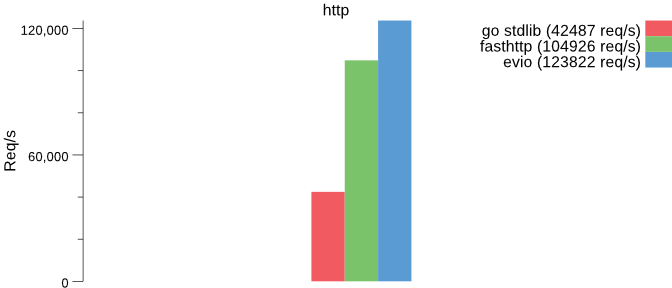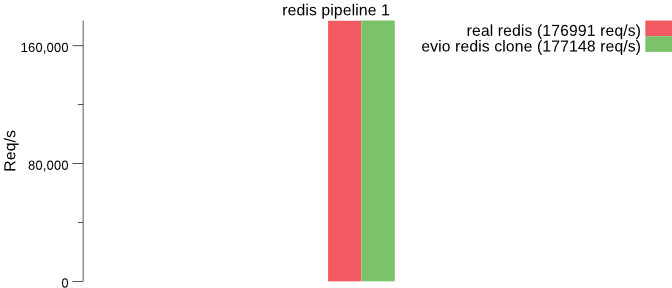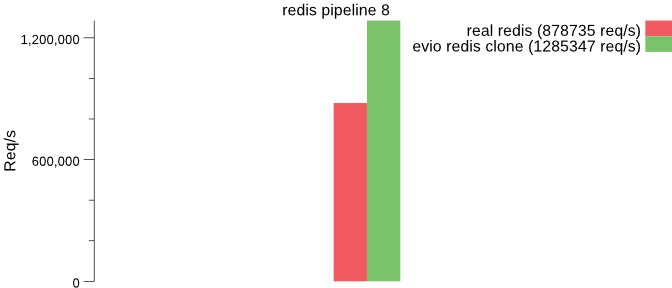我们知道, Go语言为并发编程提供了简洁的编程方式, 你可以以"同步"的编程风格来并发执行代码, 比如使用go关键字新开一个goroutine。 对于网络编程,Go标准库和运行时内部采用 epoll/kqueue/IoCompletionPort来实现基于 event-loop的网络异步处理,但是通过netpoll的方式对外提供同步的访问。具体代码可以参考 runtime/netpoll、net和internal/poll。
Package poll supports non-blocking I/O on file descriptors with polling.
This supports I/O operations that block only a goroutine, not a thread.
This is used by the net and os packages.
It uses a poller built into the runtime, with support from the
runtime scheduler.
当然,我们平常不会设计到这些封装的细节,正常使用net包就很方便的开发网络程序了, 但是,如果我们想自己实现基于epoll的 event-loop网络程序呢?
基于epoll的简单程序
man epoll可以查看epoll的相关介绍。下面这个例子来自tevino, 采用edge-triggered方式处理事件。
它采用 syscall.Socket、syscall.SetNonblock、syscall.Bind、syscall.Listen系统调用来监听端口,然后采用syscall.EpollCreate1、syscall.EpollCtl、syscall.EpollWait来关联这个监听的file descriptor, 一旦有新的连接的事件过来,使用syscall.Accept接收连接请求,并对这个连接file descriptor调用syscall.EpollCtl监听数据事件。一旦连接有数据ready, 调用syscall.Read读数据,调用syscall.Write写数据。
|
|
上面的基于epoll只是一个简单的event-loop处理原型,而且在有些平台下(MAC OS)也不能执行,事件的处理也很粗糙,如果你想实现一个完整的event-loop的网络程序, 可以参考下节的库。
evio
evio是一个性能很高的event-loop网络库,代码简单,功能强大。它直接使用 epoll和kqueue系统调用,除了Go标准net库提供了另外一种思路, 类似libuv和libevent。
这个库实现redis和haproxy等同的包处理机制,但并不想完全替代标准的net包。对于一个需要长时间运行的请求(大于1毫秒), 比如数据库访问、身份验证等,建议还是使用Go net/http库。
你可能知道, 由很多基于event-loop的程序, 比如Nginx、Haproxy、redis、memcached等,性能都非常不错,而且它们都是单线程运行的,非常快。
这个库还有一个好处, 你可以在一个event-loop中处理多个network binding。
一个简单的例子:
|
|
作者对性能做了对比,性能非常不错。




